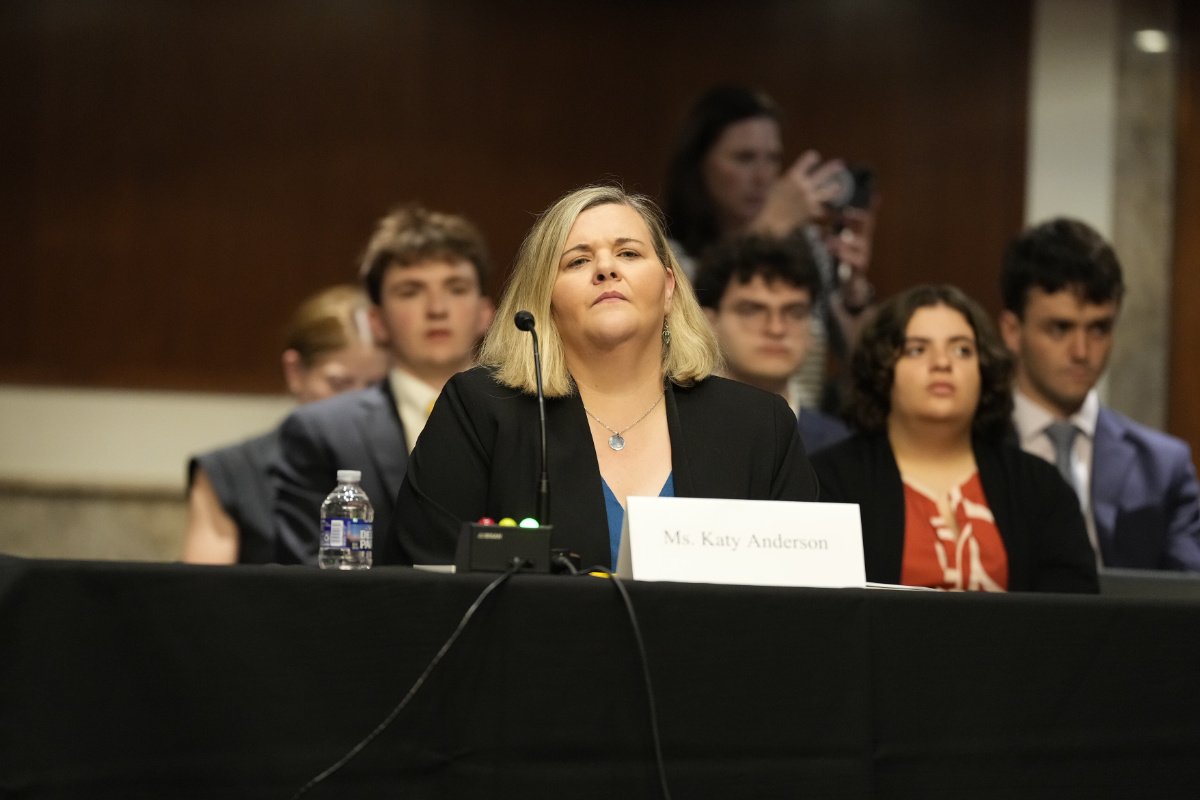She said SNAP “serves as an automatic stabilizer in difficult economic times,” explaining that as more people need benefits, that money circulates back into the economy almost immediately. “By design, SNAP can very quickly adapt when we have an economic downturn.” States, however, generally face budget crises during recessions, she said, and wouldn’t be able to deal with ups and downs in the same way.
Senators also attacked Republicans’ plans to expand work requirements, which they argued would cause hard-working people to lose benefits due to red tape. For example, witness Jade Johnson, a SNAP participant, said that she works two jobs while studying to become a dialysis technician and taking care of her daughter as a single mom. One of her jobs, as a home health aid, can involve unpredictable hours. So if she lost hours one month, that might cause her to lose benefits even though she may get more hours the next, she said.

Katy Anderson, a vice president at Roadrunner Food Bank of New Mexico, testifies in front of the Senate about proposed cuts to SNAP. (Photo courtesy of the office of Senator Luján)
Witness Barbara Guinn, the New York Commissioner of the Office of Temporary and Disability Assistance, said certain groups, including refugees, will lose access to benefits because of new immigration restrictions. Katy Anderson, a vice president at the Roadrunner Food Bank of New Mexico, said lines are getting longer at her food bank and others across the country and that the charitable food aid system cannot meet current needs—and that such large cuts to SNAP would leave many more people without food.
Several lawmakers said that the bill represents Republicans paying for tax breaks for billionaires by eliminating food assistance that would go to children, elderly people, and veterans. “That is the height of cruelty,” said Senator Cory Booker (D-New Jersey). “It is a violation of our values. It is a moral obscenity.”
The bill is currently being negotiated in the Senate, where it’s likely significant changes will be made.It will then have to go back to the House for another vote before President Trump can sign it into law. (Link to this post.)